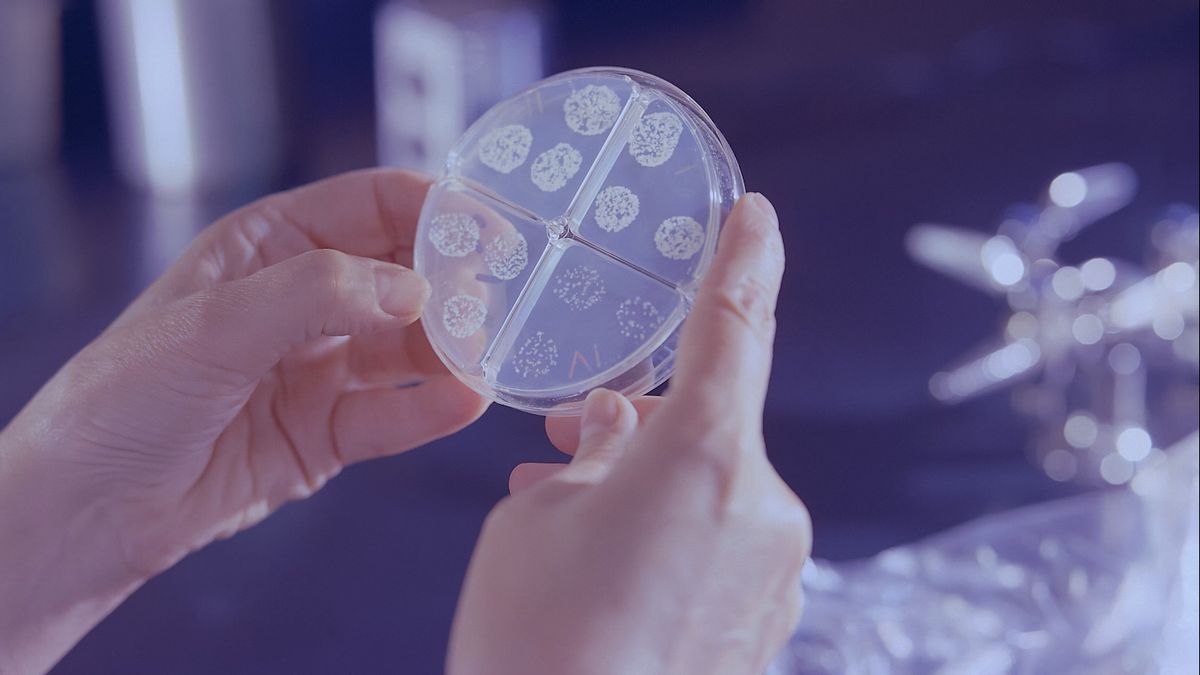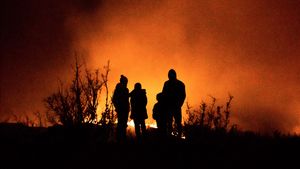JAKARTA - Head of the Communication and Public Service Bureau of the Ministry of Health, Siti Nadia Tarmizi, said that the outbreak of toxic shock syndrome (STSS) had not been detected in Indonesia.
This infection is caused by bacteria Streptocococcus pyogenesis group A. Bacteria, dubbed the "flood", are in turmoil in Japan with cases above 1,000.
"If so far, there has been no report in Indonesia for the 'eating meat' bacterial case," said Nadia in her statement, Thursday, June 27.
Nadia said, the Ministry of Health continues to monitor the situation through surveillance center influenza like illness (ILI) after acute respiratory infection (SARI) and genomic examination.
The STSS case reported in Japan, generally cases in hospitals caused by streptokocus bacteria that usually appear with symptoms of paryingitis or inflammation in the throat or farming.
"The STSS infection can be fatal because patients can experience sepsis and multiorgan failure. However, the exact cause is still unknown because the STSS symptoms are usually mild and can recover automatically in a short time," said Nadia.
SEE ALSO:
Although worrying, the STSS spread rate is much lower than COVID-19. Nadia also appealed to the public to continue to apply healthy living behavior, wear masks when sick, and get used to washing hands regularly.
"The most important thing right now is that the good habits that have been formed during the COVID-19 pandemic continue to be carried out, such as washing hands with soap and wearing masks, thereby minimizing the movement of droplets through breathing", he explained.
For information, in the case of this meat-eating bacteria, the symptoms felt by the sufferer initially experienced fever, muscle aches, and vomiting. Even these germs can quickly threaten lives with low blood pressure, swelling, and failure of many organs when the body is experiencing shock.
"Even with treatment, STSS can be deadly. Of the 10 people with STSS, as many as 3 people will die from the infection," according to the US Centers for Disease Control and Prevention (CDC).
The CDC noted that most of the STSS problems were caused by group A (GAS) streptokos bacteria, bacteria that also cause fever and throat infections in children. In rare problems, these bacteria can become invasive when producing toxins that allow them to access blood flow. These bacteria can also cause serious diseases such as toxic shocks.
Meanwhile, in December 2022, there were 5 European countries reporting to the World Health Organization that there was an increase in the invasive group A stretchococcus (iGAS), children under 10 who were most affected. The CDC said its group was also investigating the real rise in this disease at the time.
After that in March, Japanese authorities warned of a spike in STSS problems. Japan's National Institute of Infectious Diseases released a risk assessment stating the number of STSS cases caused by iGAS has increased since July 2023, especially among those under 50.
The CDC says elderly people with open wounds are at a higher risk of contracting the STSS, including those who have just undergone surgery.
"However, experts do not know how these germs entered the body of nearly half of those with STSS," the CDC said on its website.
The English, Chinese, Japanese, Arabic, and French versions are automatically generated by the AI. So there may still be inaccuracies in translating, please always see Indonesian as our main language. (system supported by DigitalSiber.id)












